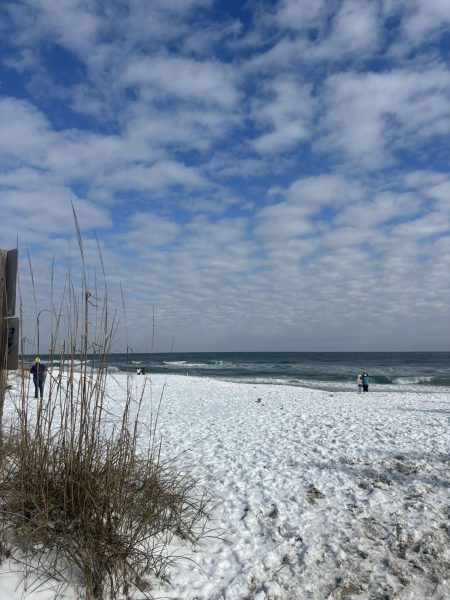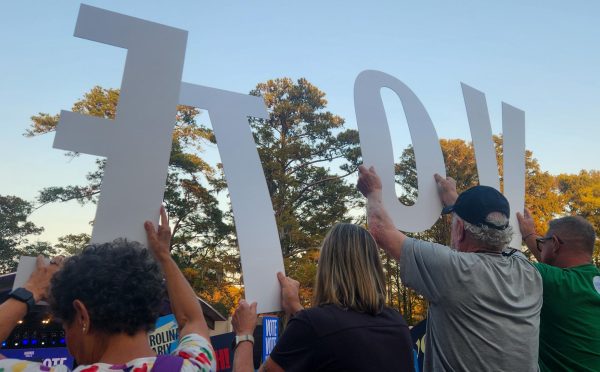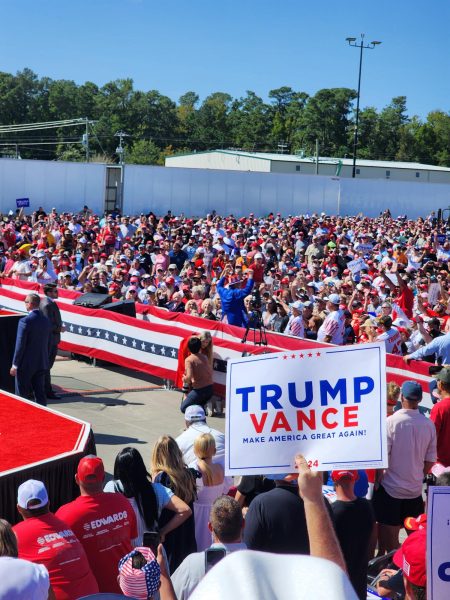Early voting period begins in North Carolina Election
The voting process in North Carolina has begun to ramp up as the state prepares for its eventful election season. State and local governments are encouraging all individuals to register and cast their ballots.
There are various options for someone looking for the most efficient way to vote. The 17-day Early Voting period will ensure that there is sufficient time for all citizens to cast their ballots. The state will hold early voting beginning Thursday, Oct. 20 and continuing through Nov. 5. These dates precede the General Election on Nov. 8. Absentee mail-in ballots are due Nov. 1, which is necessary information for college students to know if they are not in their home state.
Students who are not North Carolina residents will have to fill out an Absentee Application. An Absentee Application permits a student to vote in their state of residency while not actively residing in the state. Being a college student in a school or university is one of many circumstances that allow a citizen to cast an absentee ballot. A student can check what process their state may adhere to at Can I Vote.
Not only is the voting process critical to our American democracy, but so is knowing where and how one can register. Bella Falleur, a sophomore at UNCW, states that she and her peers lack knowledge regarding the voting process.
“We just weren’t taught how to learn to vote,” she says. “I see ads online, but I feel like we physically need to learn.”
Two ways to register to vote are online or in-person at the DMV. Another option to register your vote is mailing the NC voter registration application to the NC State Board of Elections in Raleigh. Voter Search is a website that details where a voter is registered and allowed to vote, based on their county. A voter can put in their name and birthday, and the information is provided to them.
The proportion of college students who vote in elections has risen recently. The Hill reports that 66% of college students cast ballots in the 2020 presidential election, up from 52% in 2016. According to Dr. Aaron King, a political science professor at UNCW, it is customary for American voters to choose presidential elections over local ones.
“This is especially the case as we have become more polarized and many political issues that people care about are national and scope,” King said.
He ended by stating, “No matter your future, the civic skills that we discuss and analyze in our classes will serve you for a lifetime.”
All university students should be encouraged to participate in voting, according to UNCW and the local authorities. Voting is a civic opportunity that has the potential to have a long-lasting effect on the community. Dr. King invites all UNCW students to enroll in a political science course to understand more. For more voting resources and details, visit NCSBE.










